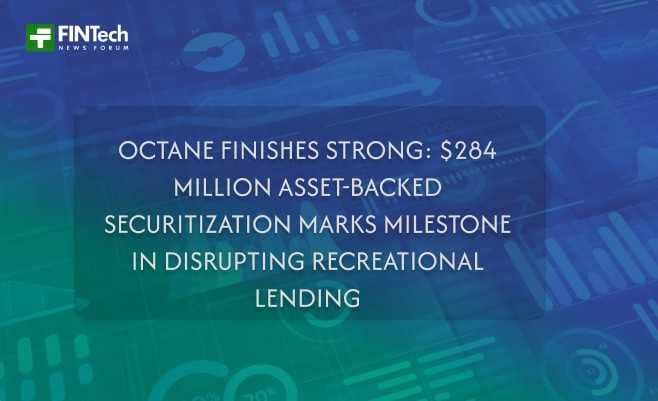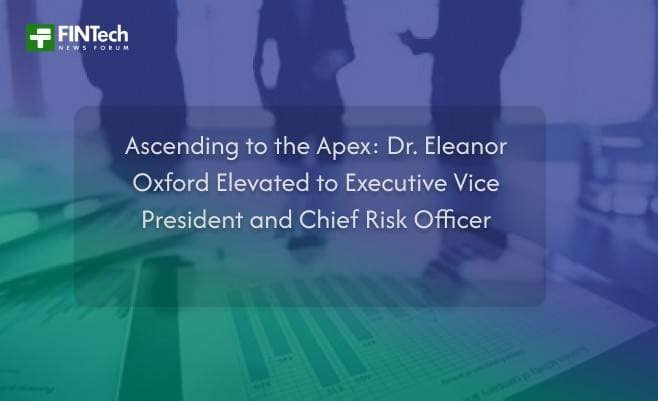
A newly released survey by Resources Global Professionals (RGP) paints a nuanced picture of the modern financial executive. As companies adapt to a post-pandemic, tech-driven, and increasingly regulated global economy, Chief Financial Officers (CFOs) are showing cautious optimism — but not without growing concerns about talent shortages, operational risk, and economic uncertainty.
📊 Key Takeaway: A Balancing Act
According to the RGP 2025 CFO Outlook Survey, financial leaders are more optimistic about revenue growth and digital transformation than they were just a year ago. However, that optimism is tempered by a keen awareness of geopolitical instability, persistent inflation, cyber threats, and talent constraints.
“CFOs are no longer just guardians of the balance sheet — they’re now central to strategic transformation,” said Kate Duchene, CEO of RGP. “They’re being asked to do more with less, lead change, manage risk, and stay agile — all at the same time.”
🔍 Survey Highlights
- 72% of CFOs expect revenue growth in the next 12 months.
- 63% report increased focus on digital transformation, automation, and AI integration.
- 57% cite talent scarcity — particularly in finance, IT, and data analytics — as a top operational risk.
- 68% are concerned about macroeconomic volatility, including inflation, interest rate instability, and geopolitical tension.
- 44% of CFOs are prioritizing ESG and sustainability reporting, amid rising pressure from regulators and investors.
💡 CFOs at the Crossroads of Innovation and Stability
One of the report’s core insights is the evolution of the CFO role. Today’s financial leaders are increasingly involved in:
- Enterprise-wide transformation initiatives
- M&A and capital allocation strategy
- Cybersecurity oversight
- ESG compliance and reporting
- Adopting emerging technologies like GenAI, blockchain, and predictive analytics
Despite resource constraints, CFOs are being asked to act as architects of both stability and innovation — a tall order in a time of accelerated disruption.
👥 People Risk: The Talent Crunch Persists
While digital transformation is accelerating, the human element remains a major challenge. A lack of skilled talent in critical areas like data science, finance tech, and compliance is slowing progress and increasing operational risk.
“The war for talent hasn’t gone away. If anything, it’s become more complex with hybrid work, Gen Z expectations, and the demand for AI-literate professionals,” said Martha Lin, CFO at a Fortune 500 healthcare firm, surveyed in the report.
To address this, many CFOs are turning to interim professionals, cross-functional training programs, and technology upskilling initiatives.
🌐 Economic & Regulatory Uncertainty
Rising interest rates, new international tax rules, and evolving ESG disclosure mandates are making financial forecasting more difficult than ever. Nearly 7 in 10 CFOs say uncertainty in fiscal and regulatory policy is a major hurdle for long-term planning.
Particular concerns include:
- The global impact of OECD’s Pillar Two tax rules
- Compliance with SEC climate disclosure regulations
- The effect of central bank policy on capital markets
These shifting sands require CFOs to become more adaptive, data-driven, and forward-looking in their strategies.
🧠 AI, Automation & Analytics: The New CFO Toolkit
CFOs are increasingly embracing AI-powered forecasting tools, robotic process automation (RPA) for back-office tasks, and real-time financial dashboards. Yet only 38% of surveyed companies report full AI integration into their finance functions — suggesting a gap between vision and execution.
“We see finance teams investing heavily in technology, but transformation is incomplete without the right talent and change management,” said Mark Burden, Global Head of Finance Transformation at RGP.
🧭 What Comes Next: CFO Priorities for 2025–2026
The survey identifies five core focus areas for CFOs in the year ahead:
- Accelerating digital finance transformation
- Building resilient, future-ready teams
- Driving business strategy with data
- Managing inflation and cost controls
- Balancing growth with strong governance
📌 Conclusion: Resilient Leadership in an Era of Complexity
RGP’s survey makes one thing clear: CFOs are being tested like never before. They are walking a fine line between aggressive transformation and conservative risk management, while juggling the demands of operational resilience, workforce evolution, and investor expectations.
In a world that demands both agility and assurance, the CFOs who succeed will be those who combine financial discipline with forward-thinking leadership — and who embrace complexity as a catalyst for change.















